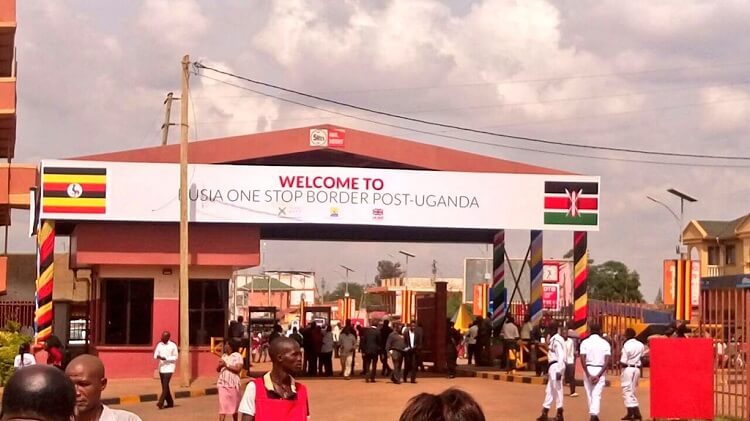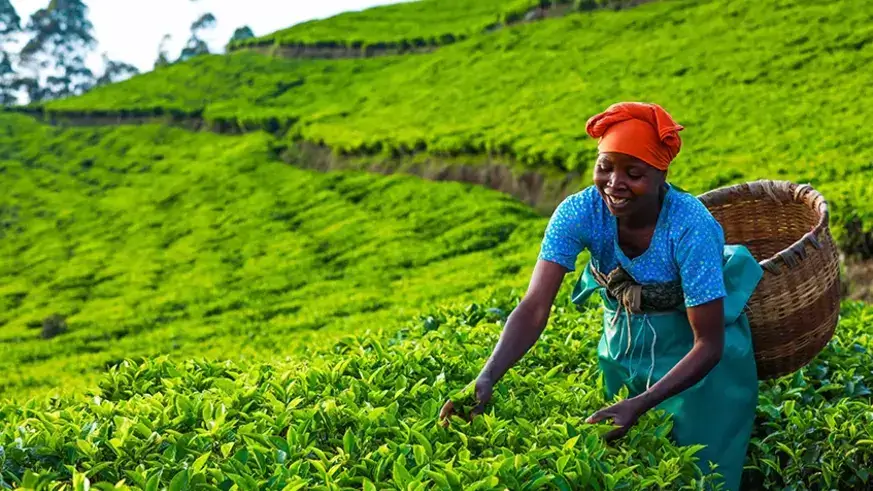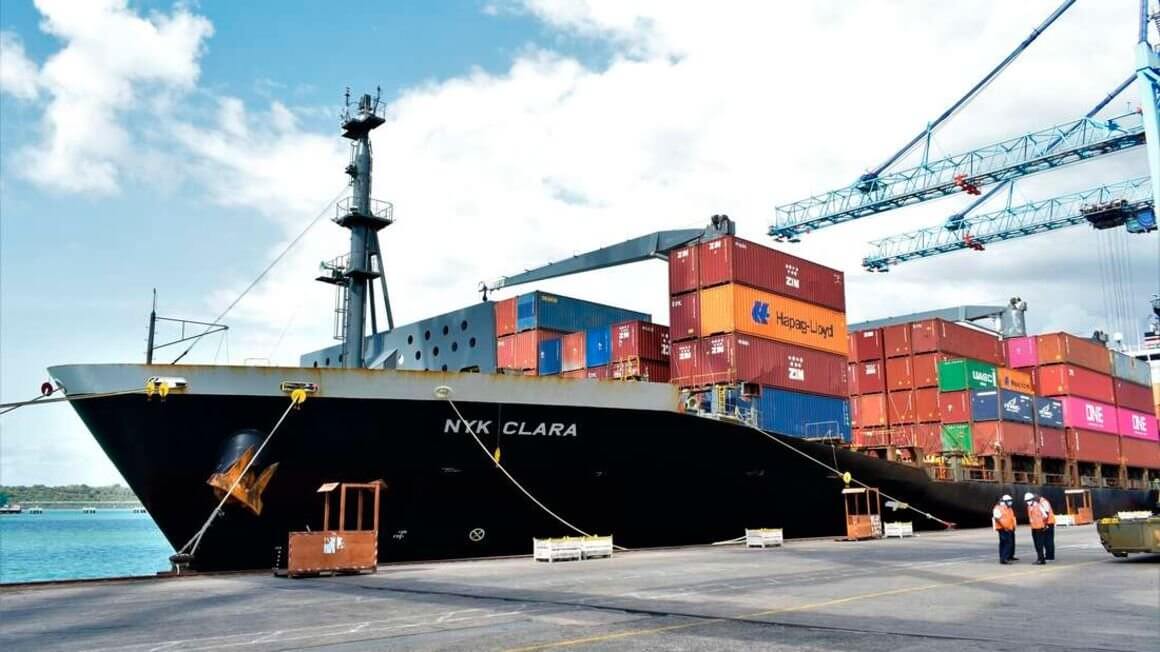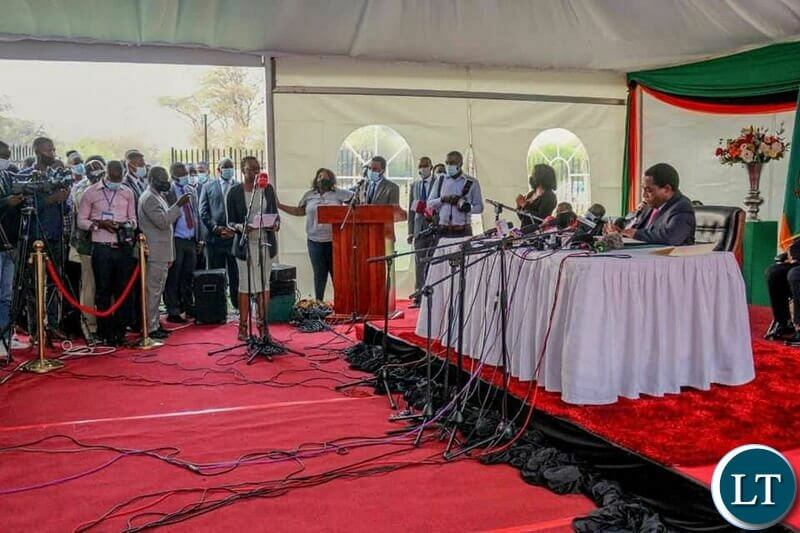At a time when the world has been shaken and businesses have been worst hit, it is now clear that future-proof establishments must adopt innovative practices to stay resilient. Speaking during the World Trade Organization (WTO) Public Forum is driven by TradeMark Africa, Bidco Africa’s Group Director – Chris Diaz emphasized the need for collective responsibility bringing together the public and private sector players to realize the alignment and seamless operations of trade through digital technologies. “The East African region is an entrepreneurial hub and with the private sector’s contribution of more than 60% of the GDP, the economic growth potential steered by SMEs and MSMEs is massive in job creation. Adopting digitalization is at the centre stage to realizing this great vision of our motherland,” said Mr Diaz. Bidco Africa’s Group Director – Chris Diaz Mr Diaz who is also a Director at the East African Business Council (EABC) lauded the WTO Director-General Dr Ngozi Okonjo-Iweala for her leadership and championing joint Stakeholder Engagement of players across the Eastern Africa region which has seen up to 3% economic growth, in line with the African Continental Free Trade Area (AfCFTA) spirit. With the adoption in place and the resilience in trade, we will realize the free flow of goods and services, growth of trade and eventually globalization of markets. Together with the Trade Counsellor for Kenya European Union, KRA’s Deputy Commissioner for Customs and Border Control, the Chair at All-Party Parliamentary Group and the Trade Mark CEO, the forum emphasized the need to embrace...
Digitisation is Key to Building Resilience Beyond Recovery – Chris Diaz
Posted on: October 4, 2021
Posted on: October 4, 2021
























